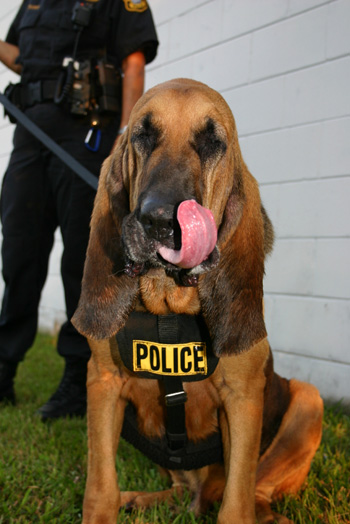Article: Preference for Perfume Correlates w/Genotype
11 years ago
Here is a new piece of scientific research about how people recognise their own scent based on their genome (to be precise a particular combination of major histocompatibility complex (MHC) proteins) and choose their artificial scent, i.e., perfume, to amplify it.
How people smell themselves - WIRED - Jan. 2013
I find it fascinating and encouraging that more developments are being made in this arena.
Do you know that to this day, we still do not understand how the human nose works when it comes to recognising smells.
The scope of possibilities for perfume manufacturing will grow exponentially with our understanding of the brain and the olfactory system.
Is this a field that interest you?
What impact can you foresee on the future of fragrances?
How people smell themselves - WIRED - Jan. 2013
I find it fascinating and encouraging that more developments are being made in this arena.
Do you know that to this day, we still do not understand how the human nose works when it comes to recognising smells.
The scope of possibilities for perfume manufacturing will grow exponentially with our understanding of the brain and the olfactory system.
Is this a field that interest you?
What impact can you foresee on the future of fragrances?










